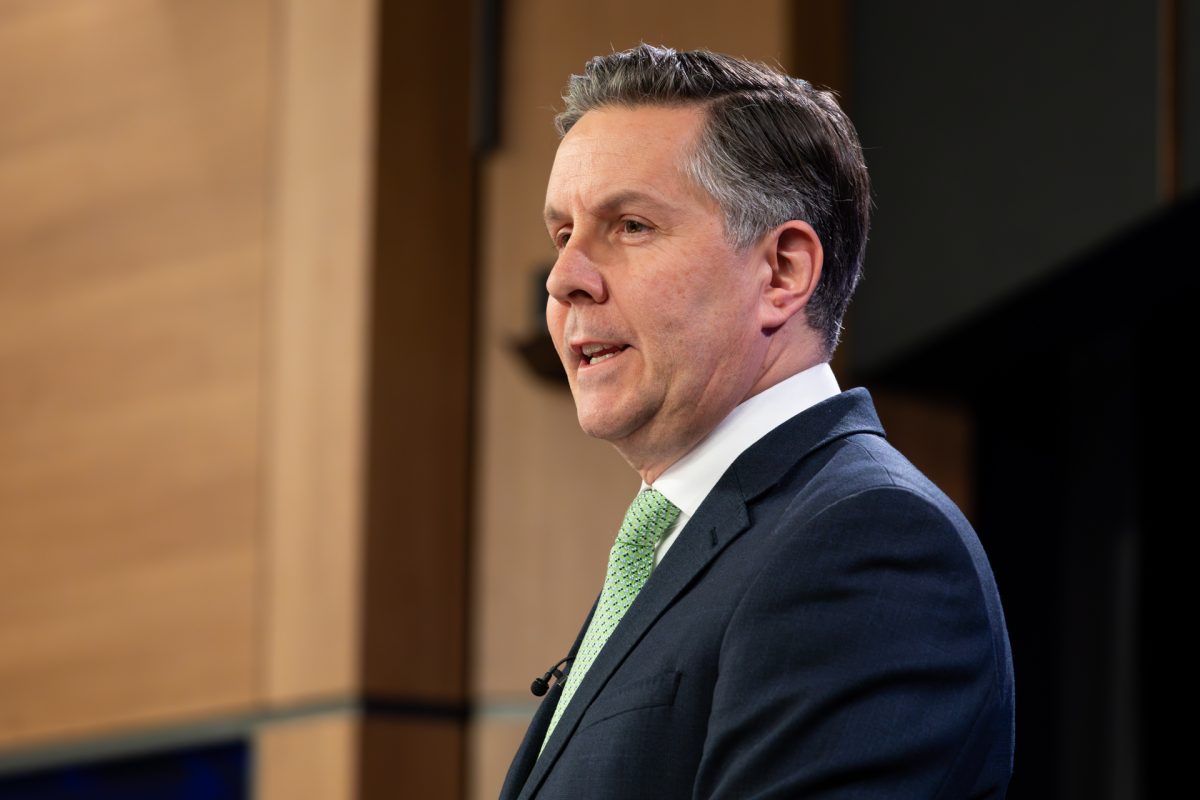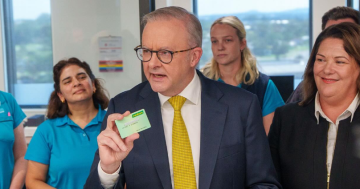
Health Minister Mark Butler has expanded PBS-listed treatment for chronic kidney disease. Photo: Michelle Kroll.
A drug used to treat diabetes and chronic disease is to be listed on the Pharmaceutical Benefits Scheme (PBS), making it cheaper for an additional 68,000 patients each year.
The availability of empagliflozin (Jardiance®) will be expanded for the treatment of chronic kidney disease, a long-term health condition where kidney function gradually declines.
Without the PBS subsidy, these sufferers could pay more than $670 for a year of treatment.
But with the PBS listing, eligible patients will pay a maximum of $31.60 per script, or $7.70 with a concession card.
From 1 January 2026, when the listing takes effect, the maximum script will be $25.
With no treatment, kidney diseases can progress to the need for dialysis or transplant.
The drug was listed last year for a limited group of Australians with a particular type of kidney disease, but close to another 70,000 have been declared eligible.
“The Albanese Government is making medicines cheaper and helping people with chronic kidney disease maintain their quality of life,” Health Minister Mark Butler said.
“This listing means tens of thousands of Australians can avoid the burden of dialysis.
“Instead of spending hours each week hooked up to a dialysis machine, patients will now have access to affordable, life-changing treatment.”
Jardiance® helps protect the kidneys by lowering pressure in the filtering units and reducing protein loss in urine.
This slows damage over time and helps preserve kidney function for longer.
Mr Butler said kidney disease was a silent killer because most people didn’t know they had it until it was well progressed.
“Which is why it’s so important for Australians at high risk of kidney disease, people with diabetes, people with high blood pressure, First Nations Australians over the age of 18, people who have obesity or a history of smoking to get tested regularly, urine test or a blood test,” he said.
“But we know also once that test takes place, we want to make sure people are getting treatment as early as possible in their disease progression, before hopefully they get to the point of end-stage kidney disease, which might require dialysis which is expensive, incredibly inconvenient… or even a kidney transplant.
“It’s a very substantial saving. Not just good for their hip pocket, but obviously also good for their health.”
Kidney Health Australia chair Carol Pollock described the inclusion of Jardiance® on the PBS as “incredibly important”.
She said kidney disease must be taken seriously because it could be treated effectively and efficiently.
“One in seven Australians have kidney disease, but… only 10 per cent of those people are aware of it,” Professor Pollock said.
“And yet, we know that if we screen people for kidney disease and we treat them appropriately, we will save 68,000 Australians from being on dialysis in their lifetime.
“It’s incredibly important people are screened. It is a completely asymptomatic disease, but if we treat it early, we can stop it.”
The PBS provides timely, reliable and affordable access to necessary medicines for Australians. It is part of the Australian Government’s broader National Medicines Policy which aims to meet medication and related service needs to achieve optimal health and economic outcomes for patients.
Under the PBS, the government subsidises the cost of medicine for most medical conditions.
Most of the listed medicines are dispensed by pharmacists and used by patients at home.
The scheme is available to all Australian residents who hold a current Medicare card and also overseas visitors from countries with which Australia has a Reciprocal Health Care Agreement.
Those countries are United Kingdom, Ireland, New Zealand, Malta, Italy, Sweden, the Netherlands, Finland, Norway, Belgium and Slovenia.
Original Article published by Chris Johnson on Region Canberra.






